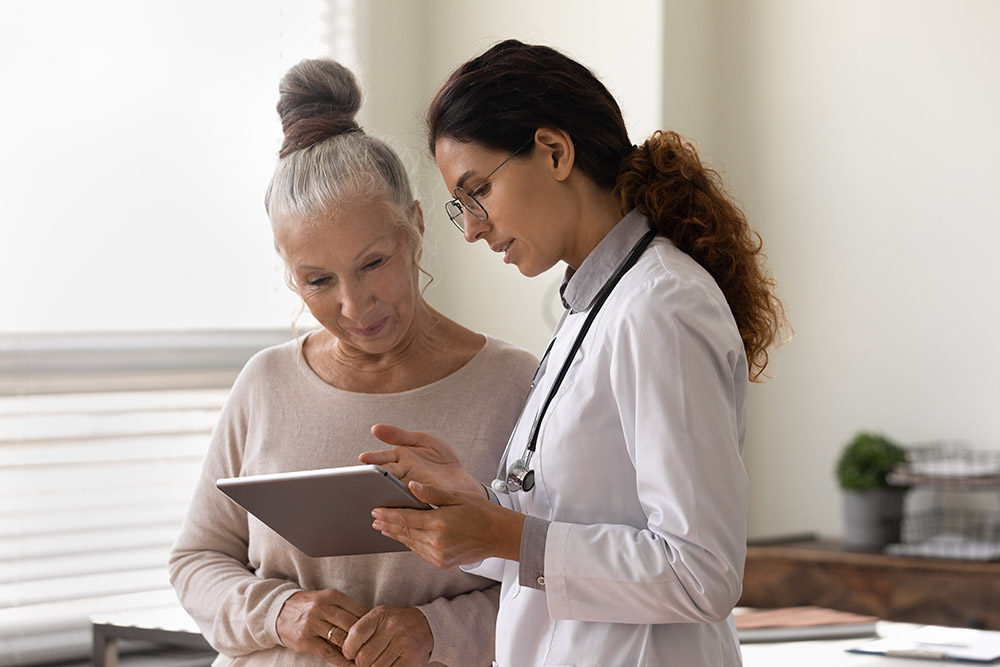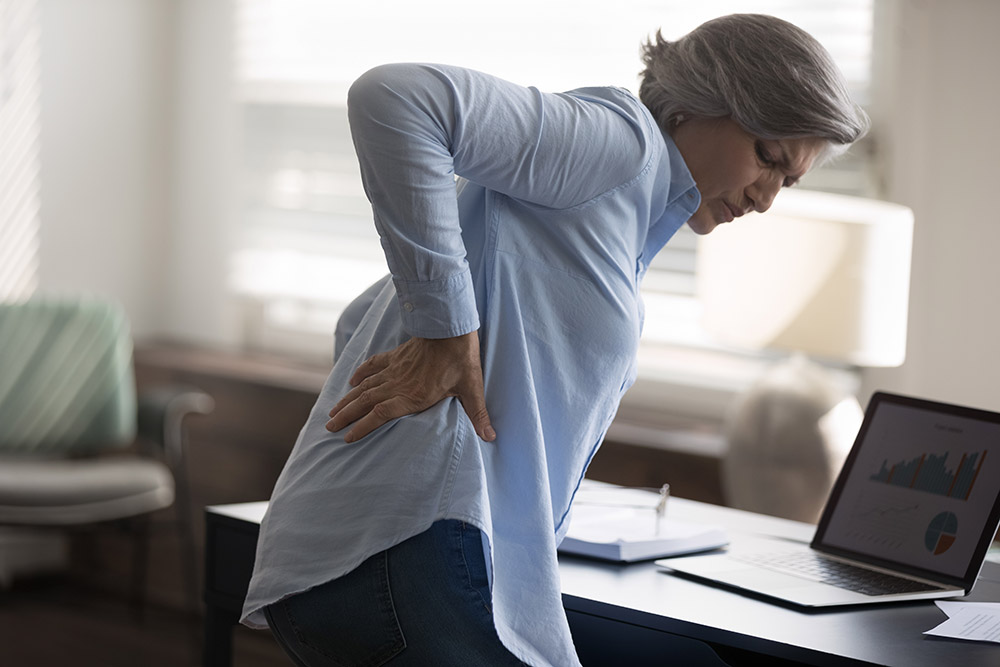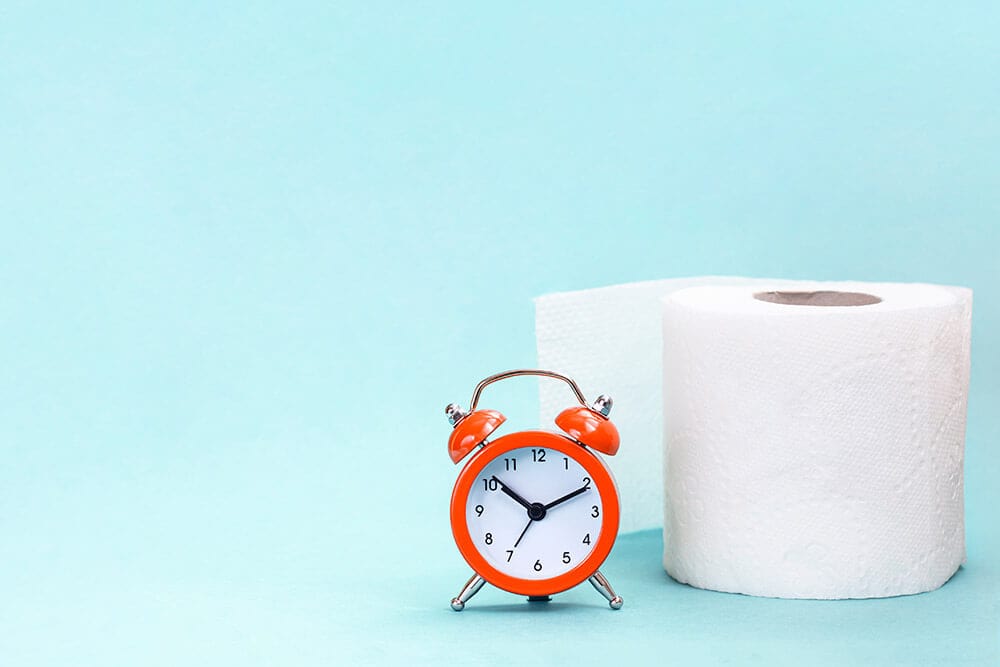What Is Hemorrhoids?
Hemorrhoids are swollen veins in or around the anus and lower rectum. They can cause pain, itching, and bleeding. Many people ask, -do hemorrhoids go away?- Small hemorrhoids may improve with home care, but persistent cases often need expert attention.
Common Causes and Risk Factors
- Straining during bowel movements
- Chronic constipation or diarrhea
- Sitting for long hours, especially at work
- Pregnancy and childbirth
- A low-fiber diet
- Dehydration in Houston's warm climate, which can worsen constipation
Signs and Symptoms
- Bright red blood on toilet paper or in the toilet
- Swelling or lumps around the anus
- Itching, burning, or irritation
- Pain or discomfort when sitting
- A feeling of fullness or discomfort after a bowel movement
How Dr. Rishi Chadha Diagnoses Hemorrhoids?
Dr. Chadha follows a systematic, in-office evaluation:
Patient History & Physical Exam
He begins by reviewing your symptoms, bowel habits, diet and lifestyle. A careful visual inspection of the anorectal area and a digital rectal exam help identify external hemorrhoids, prolapse and any areas of tenderness.
Anoscopy
Using a small, lubricated anoscope, Dr. Chadha directly visualizes internal hemorrhoids, assesses their size and degree of prolapse, and checks for any other mucosal changes.
Additional Endoscopic Evaluation
For patients with persistent bleeding, anemia or risk factors for other colorectal conditions, he may recommend a flexible sigmoidoscopy or full colonoscopy to rule out polyps, fissures or malignancy.
Personalized Assessment
Combining findings from the exam and scopes, Dr. Chadha grades your hemorrhoids (I-IV) and tailors a treatment plan-from dietary changes to in-office procedures-designed for quick relief and lasting results.
Frequently Asked Questions
How do I get rid of hemorrhoids at home?
Eat high-fiber foods, stay hydrated, and use warm sitz baths.
Will my hemorrhoids go away on their own?
Small cases may improve with home care, but long-term relief often needs professional treatment.
Are hemorrhoids dangerous?
They rarely pose a serious health threat but can significantly impact quality of life if left untreated.
Can I exercise with hemorrhoids?
Yes. Low-impact activities like walking and swimming help improve circulation and ease symptoms.
How long does rubber band ligation take?
The procedure usually takes about 10-15 minutes and can be done in the office.
Do hemorrhoids come back after treatment?
Maintaining lifestyle changes and follow-up care reduces the risk of recurrence.
Is there an age group more at risk?
Adults over 50 and pregnant women face a higher risk of developing hemorrhoids.
Can children get hemorrhoids?
It's rare, but chronic constipation or straining can lead to hemorrhoids in children.
How soon will I feel better after treatment?
Most patients notice significant relief within a few days of their procedure.











